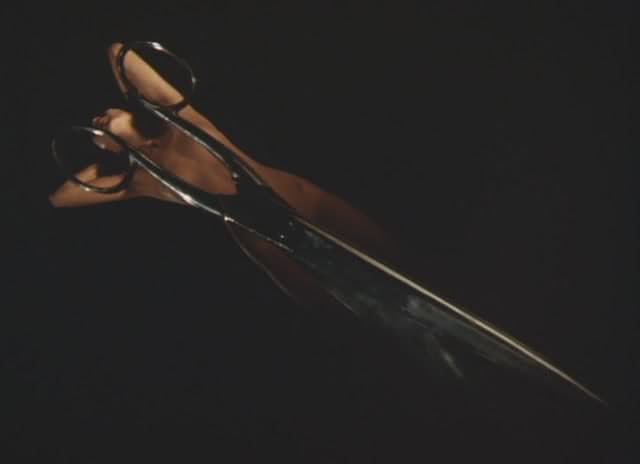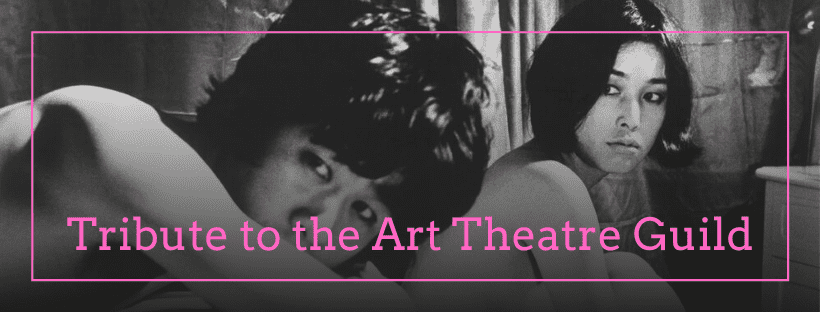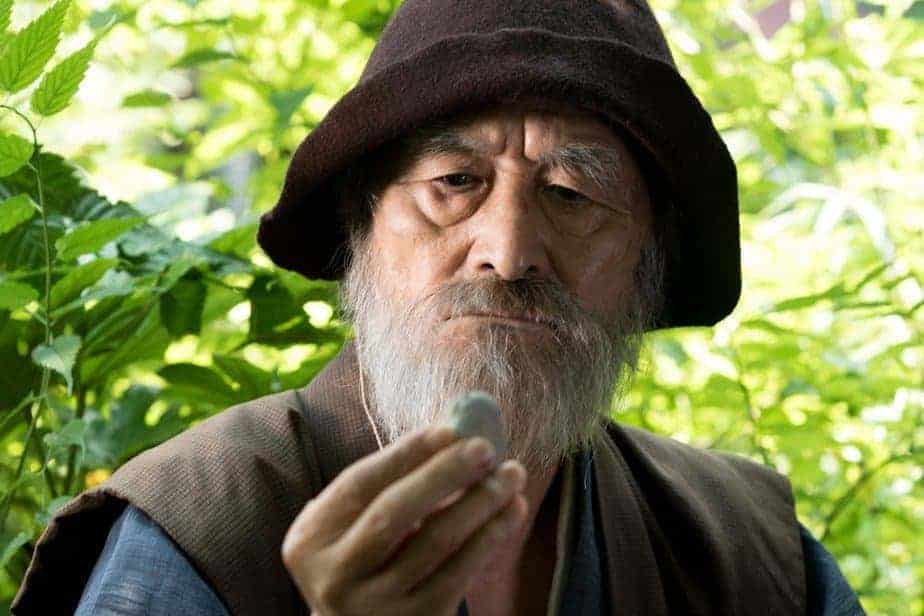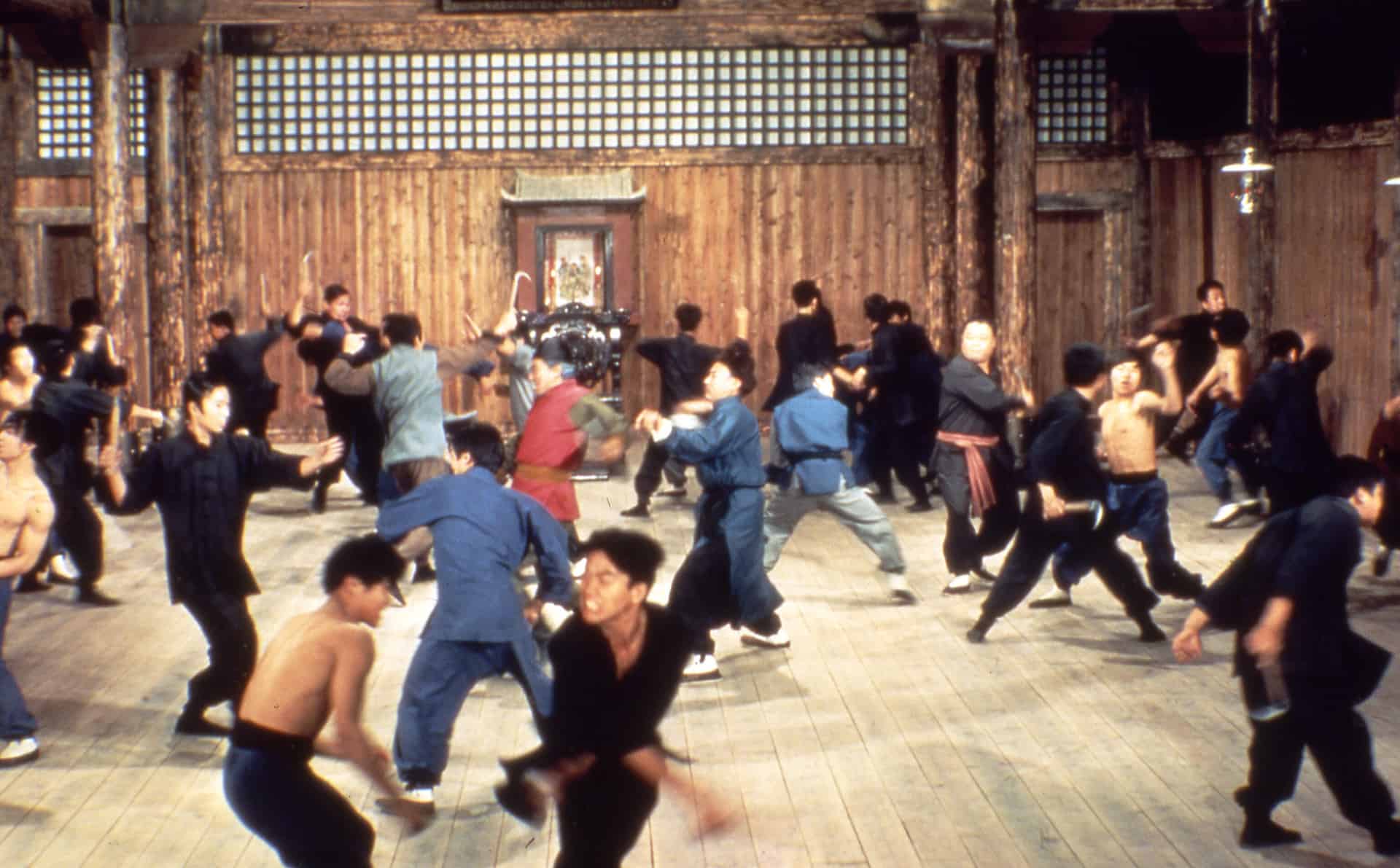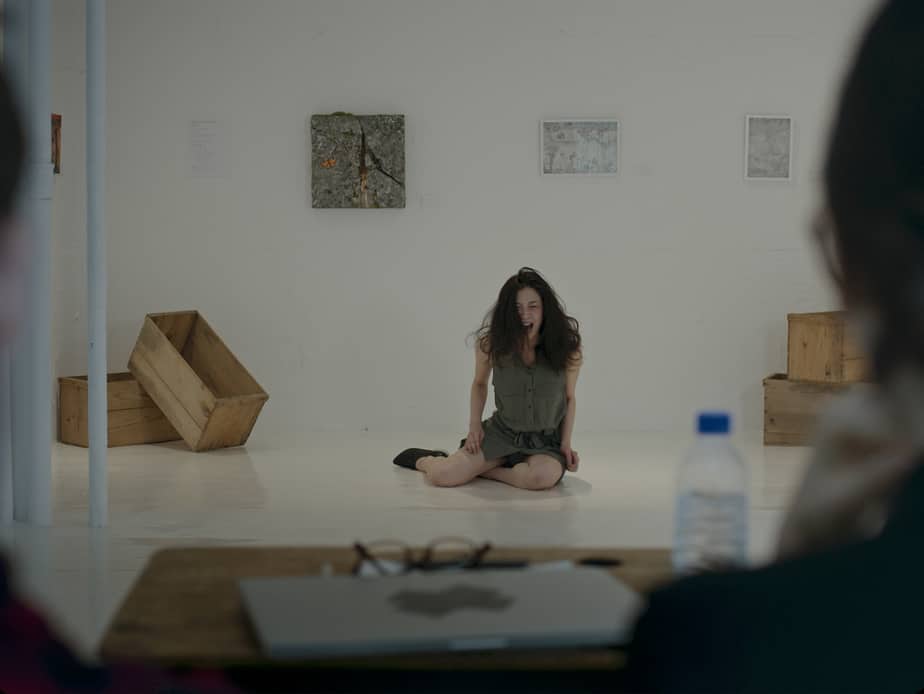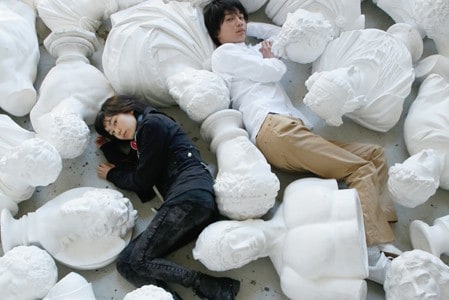In the course of the 1960s, much of what was long overdue after the end of World War II took shape in the form of questioning authority, institutions and indeed social norms. Within the culture of several nations, this revolution (if you want to call it that) expressed itself in pieces of art which could no longer be categorized within the traditional patterns, resulting in many artists feeling a kind of uncprecedented freedom. It was only a brief period, but it surely had its consequences, as we can see in the highly influential cinema produced by Art Theatre Guild and its many directors. One of them, Yasuzo Masumura directed over 40 films during his career and was once regarded as one of the most promising talents of this new generation of filmmakers, even though many of his works remain underappreciated (and under-seen) in his home country and beyond its borders, for example, his feature “The Music”, an adaptation of the Yukio Mishima novel by the same title.
Feeling she can no longer cope with her condition, Reiko (Noriko Kurosawa) makes an appointment with a psychiatrist (Toshiyuki Hosokawa), hoping he might be able to help her since the doctors she went to found nothing wrong with her. During their first of many sessions, she expresses being inadequate to her boyfriend Ryuichi (Kohji Moritsugu) as she does not find pleasure in them making love. She is also unable to listen to music, as she cannot hear it, which is also causing her much discomfort and adding to her already nervous persona.
Check also this interview
However, the therapist is unconvinced of her story and during their next sessions uncovers her lies, finding the true source of her illness. At the same time, Ryuichi confronts the doctor with his girlfriend's diary, accusing him of seducing her and planting ideas in her head about the severances of her condition. As the session with Reiko continues, she reveals a childhood trauma, which affected her so deeply she can only find pleasure with a particular kind of man.
The Music (1972) [Trailer] from Art Theatre Guild on Vimeo.
For those familiar with the director's other works, it should not come as a surprise to find a lot of depravity, sexual perversion and fantasies in his adaptation of Mishima's novel. Features such as “Irezumi” or “Blind Beast” share a lot of similarities with “The Music” in terms of visuals and the depiction of sexuality, while arguably these titles are a lot more technically and narratively accomplished. You can never be sure about the frequent symbols and metaphors, all of which could be from a handbook on Freudian psychology, being ironic or dead serious, directed as a critique on gender roles within society or indeed the overload of sexuality within popular culture. Some images even border on the exploitative or downright silly, for example, the bull with penises instead of horns, which irritatingly becomes a recurring theme within the feature. However, you cannot deny the entertainment value in some of these visuals, and also the surreal way these sequences are edited.
Given the heightened reality, the blurred lines between what is real, dream and fantasy, the acting is equally theatrical or overly melodramatic. Especially Kurosawa and Hosukawa get out of their way to emphasize the cliché of the woman on the brink of a nervous breakdown and the man trying his best to “cure” her (man-splaining might be another term you could use). While these characteristics might be flaws in other productions, considering the nature of “The Music”, this fits the profile. It is less than subtle, of course, but there are also quite clever parts, for example, the way the viewer can never be sure about the female protagonist, which is an aspect Kurosawa occasionally stresses through her performance and line delivery.
In conclusion, “The Music” is an interesting feature within the Art Theater Guild canon. While director Yasuzo Masumura's movie is far from his best work, it has some noteworthy scenes and ideas, which make it often quite entertaining.


